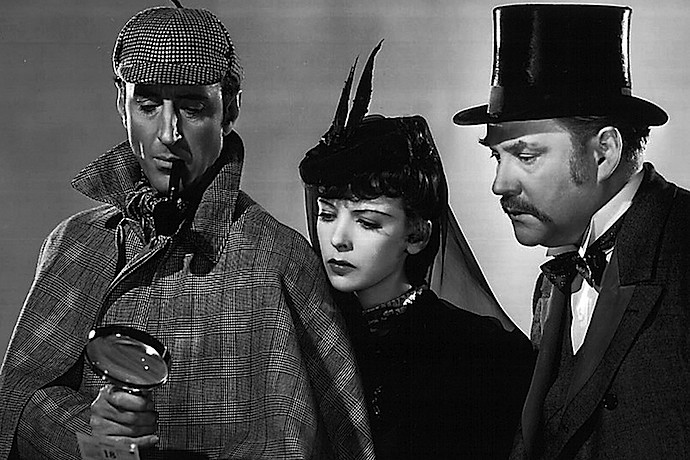After a tragedy such as yesterday’s mass shooting in Chattanooga, or any of the others that frequent the news, our first impulse is to assign blame. Michael Schulson in Religion Dispatches looks at the inexact science of blame.
Ideology, mental illness, and social problems all do contribute to bloodshed…. What’s strange is that we make sense of violence in such monolithic terms, and often with so little evidence. But it’s worth dissecting the peculiar terms of the debate that emerges after these highly public, tragic spectacles. Doing so highlights the extraordinarily low standards that we often accept in the analysis of blame….
…In the hours after an attack, how do the George Packers of the world know what’s really to blame for the violence?
The answer, of course, is that they don’t.
In part, that’s because the evidence is so sparse. The perpetrators often have died. While alive, they’ve rarely evinced any serious intellectual foundation for their actions. Maybe society is to blame, but it’s hard to pin down any concrete connection between social conditions and a given act of terror; while social science identifies patterns, it can rarely tell us where the blame lies in any specific instance.
In a recent essay for The Atlantic, criminologist Simon Cottee challenges the idea that we can ever fully understand why someone becomes a terrorist. “Everyone from clerics to caustic cab drivers seems to have a confident opinion on the subject,” he writes, “as though the interior world of terrorists can be easily mined and mapped.”

